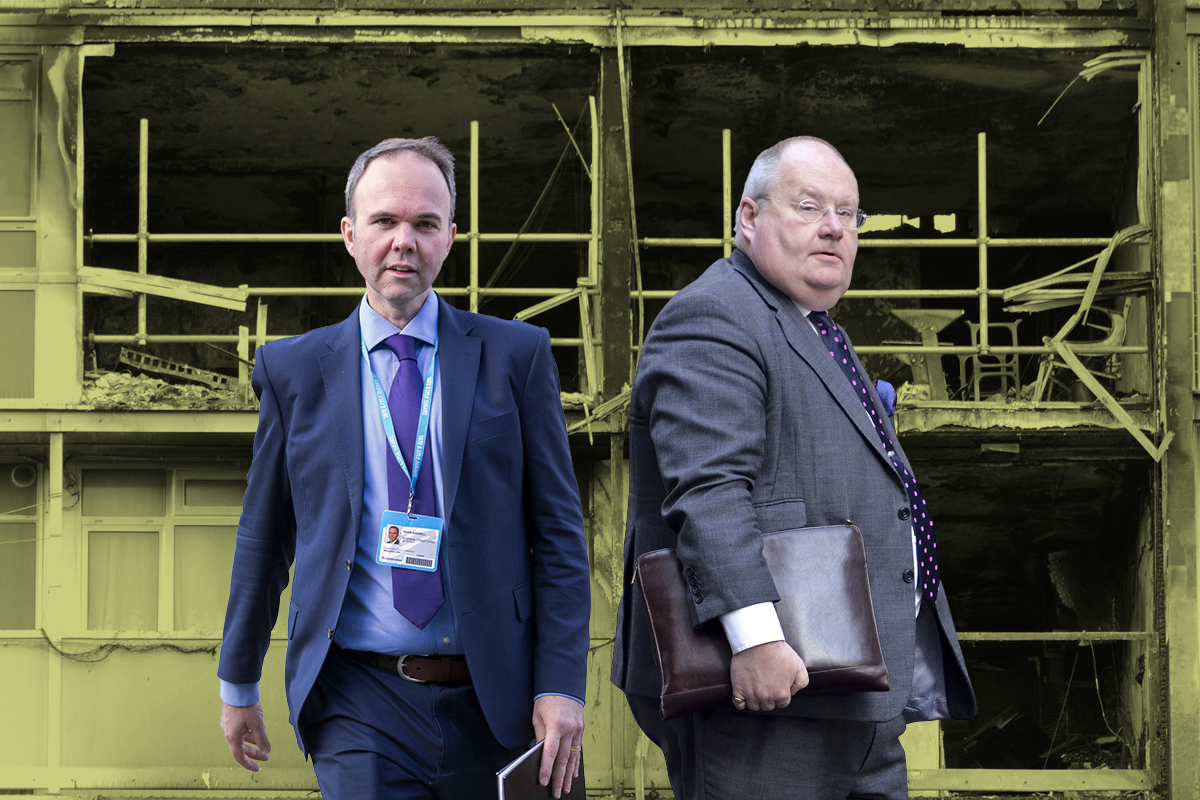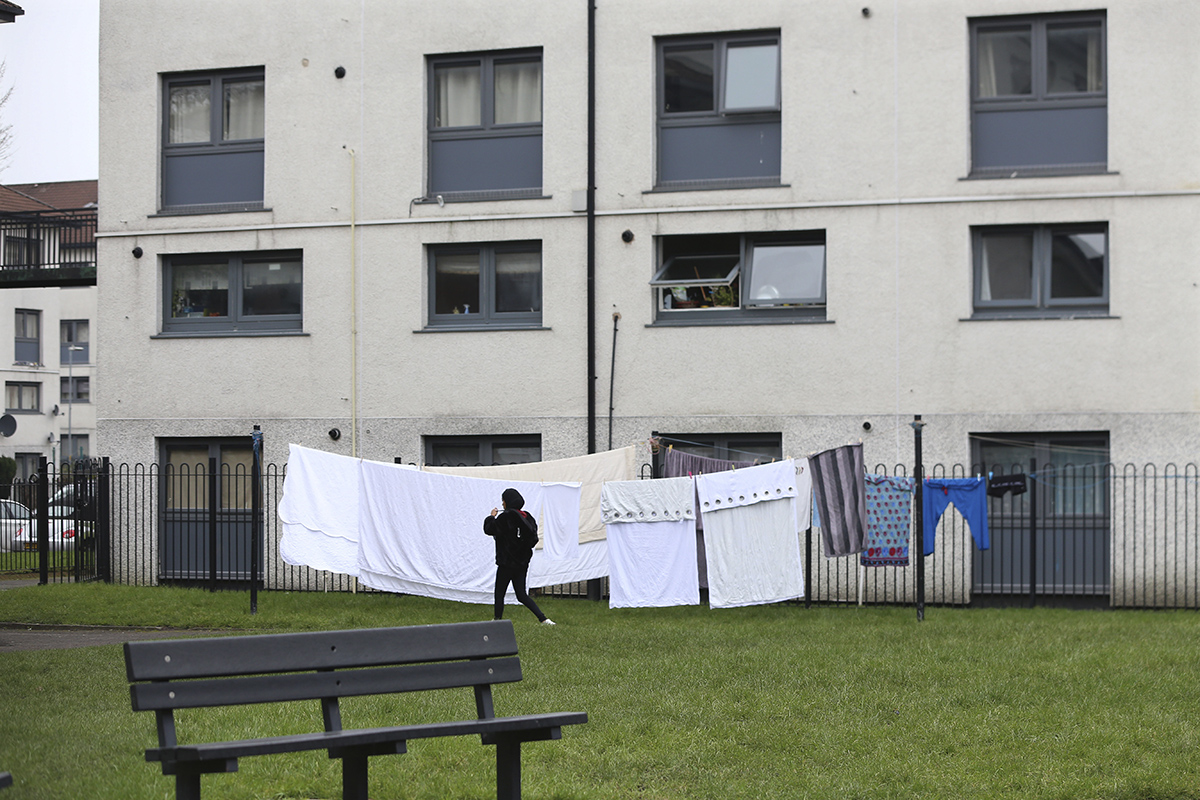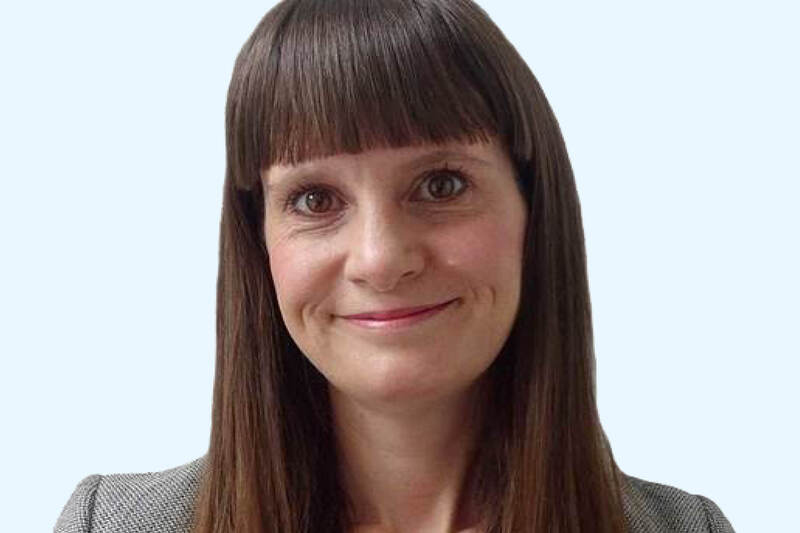You are viewing 1 of your 1 free articles
What we are thinking about on the Affordable Housing Commission
The Affordable Housing Commission is well underway and commissioner Sinead Butters explains what it is considering
The Affordable Housing Commission (AHC) was set up in the autumn of 2018.
Chaired by Lord Best, supported by the Smith Institute and involving some 15 commissioners, we are examining the causes and effects of the housing affordability crisis and proposing workable solutions to build a consensus for change.
Defining and measuring affordability is a key challenge. The current definition of “rents or purchase costs that are lower than in the open market place” is misleading. The concept of ‘affordable’ rents being 80% of market rents is a joke, but not a funny one.
The commission is carefully examining how we can make affordable actually mean affordable to different households, in different locations.
Our alternative approach is based on household incomes and what rent people can afford, taking into account their housing conditions and ability to pay. The benchmark is put at when rents or purchase costs exceed a third of household incomes for those in work. On this measure almost four in 10 renters in the lower half of the income distribution are suffering housing stress, mostly in the private rented sector.
Identifying the problem is an important first step, but there are no silver bullets. We know tenants are struggling from austerity and welfare reform, but many are living in homes that are not decent. As such, we have included the criteria of decent homes and overcrowding into our new definition, thereby linking quality with affordability.
And what about supply? With the level of Right to Buy and reductions in grants for socially rented housing, will we ever catch up? Will we ever build the homes this country needs? And with the pull on the public purse for health, education and social care, can we keep asking for more? We surely must.
“The concept of ‘affordable’ rents being 80% of market rents is a joke, but not a funny one”
We discuss tangible actions we can take: social housing grant to build more, the impact and future of Right to Buy, and what radical solutions we may need to consider. We evaluate the impact of planning policies, viability assessments, Community Infrastructure Levy, public land availability, and Section 106. And how working collaboratively across the sector, developers, local authorities and housing associations can deliver so much more together.
But is it just a supply problem? Of course, not. Unaffordable housing is now a major driver of poverty, personal suffering and financial stress. It also affects people’s well-being, quality of life and life chances. It also has wider social and economic impacts: widening inequality, curbing labour mobility, undermining productivity and growth, adding to that the cost of health and social care. There is also a growing sense of unfairness about the way housing is dividing us as a society.
AHC’s research shows that one in five households (11 million people) are now struggling with some form of unaffordability. The commission is examining potential solutions, breaking the problem down into four target groups:
- Struggling renters: There are 2.9 million struggling renters of working age, the majority of which are in the private rented sector
- Low-income older households: There are one million household identified as having affordability problems mainly in non-decent homes. This number could rise when generation rent enters retirement in the expensive private rent sector
- Struggling homeowners: There are nearly one million struggling homeowners and this number could increase sharply if interest rates rise
- Frustrated first-time buyers: There are over one and a half million renters (mostly in the private rent sector) who are unable to buy because of the need to save for a deposit
One striking thing from our work so far, not only is the sheer complexity of the problem and the multi-faceted response required, it’s the sense that somehow unaffordability, or suffering financial difficulty, especially for those living in social housing, is of people’s own making. Here we see the ugly face of stigma rearing its head again.
This commission will want to see real impact to help solve the affordability crisis for everyone who is struggling. A grand objective, I am sure you will agree. But why not? One thing is clear: if we can’t find empathy for our fellow human beings who are struggling to afford a decent home that meets their needs, then we really are undone.
Sinéad Butters, chief executive, Aspire Housing; chair, PlaceShapers










